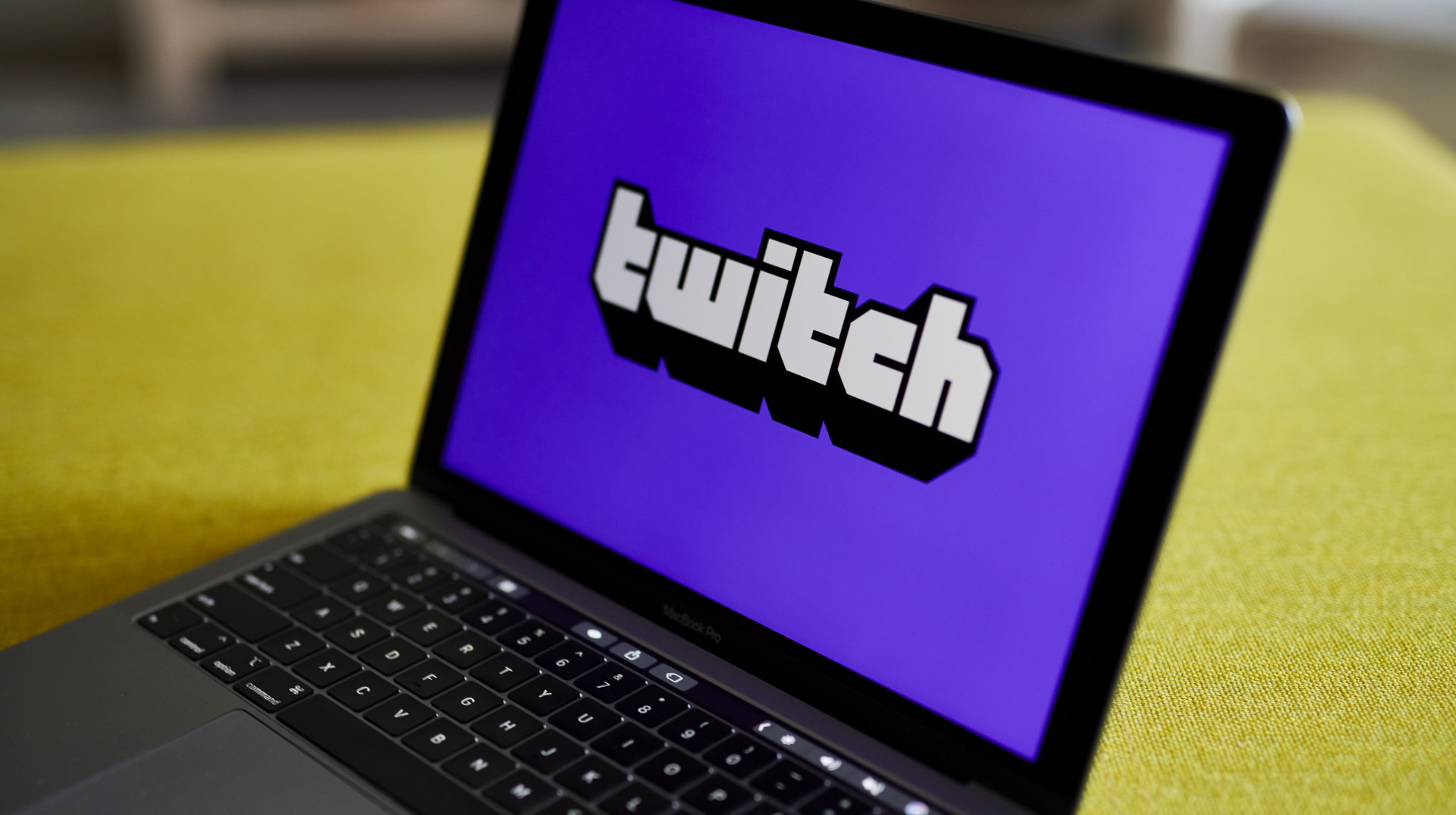Twitch may finally start telling people why they've been banned
A long overdue change in policy is hopefully coming soon.

Historically, Twitch policy has been to not comment on individual streamer bans—even to inform those streamers themselves what, exactly, they did to warrant a ban. It's often not too hard to figure out in cases of obvious policy violations, but sometimes a streamer gets the boot and we're never told exactly why: An indefinite suspension of politics streamer Destiny in March, for instance, prompted some fairly solid speculation, but not actual confirmation, of the reason. But that may be changing, as Twitch vice president of trust and safety Angela Hession told the Washington Post that it is looking into including clips of infractions with suspension notification emails in the future.
"Safety is a journey, and this is a number-one ask from our community," Hession said. "So we’re looking at how we can attach more details for people to understand—like the video itself. That’s something we’re definitely working on."
"Specifics and clarity" will be revealed after Twitch has figured out exactly how it wants to implement the feature, but the basics seem fairly straightforward: Twitch makes the full disclosure to the streamer in question (and frankly, it's baffling that this hasn't been the policy from the start) and then leaves the decision about whether or not to make those details public up to the streamer. It seems like a reasonable balance between individual privacy and institutional transparency.
Twitch has also added an "appeals portal" that gives streamers the ability to quickly and easily request a reconsideration of suspensions and bans. That's a particularly important feature for streamers who rely on Twitch as a major source of income, although it doesn't sound like it's done much to improve their odds of reversing a decision. Vice president of safety Rob Lewington said Twitch had a 99% accuracy rate on suspension decisions, and that rate has actually gone up since the appeals portal went into operation. "When we look at the data, it turns out that less than one percent is actually quite a lot less than one percent," he said.
That's an awfully good record, although sometimes Twitch's policies are a bigger problem than the specifics of their enforcement. In the space of a month in 2021, for instance, Twitch demonetized mega-streamer Kaitlyn "Amouranth" Siragusa for streaming from a hot tub, then added a hot tub category, then banned her again for ear-licking in yoga pants, before lifting the ban three days later. Further enforcement action does not seem to have followed: Ear licking, in yoga pants, and other revealing attire, remains common and popular on Twitch.
The biggest gaming news, reviews and hardware deals
Keep up to date with the most important stories and the best deals, as picked by the PC Gamer team.

Andy has been gaming on PCs from the very beginning, starting as a youngster with text adventures and primitive action games on a cassette-based TRS80. From there he graduated to the glory days of Sierra Online adventures and Microprose sims, ran a local BBS, learned how to build PCs, and developed a longstanding love of RPGs, immersive sims, and shooters. He began writing videogame news in 2007 for The Escapist and somehow managed to avoid getting fired until 2014, when he joined the storied ranks of PC Gamer. He covers all aspects of the industry, from new game announcements and patch notes to legal disputes, Twitch beefs, esports, and Henry Cavill. Lots of Henry Cavill.

